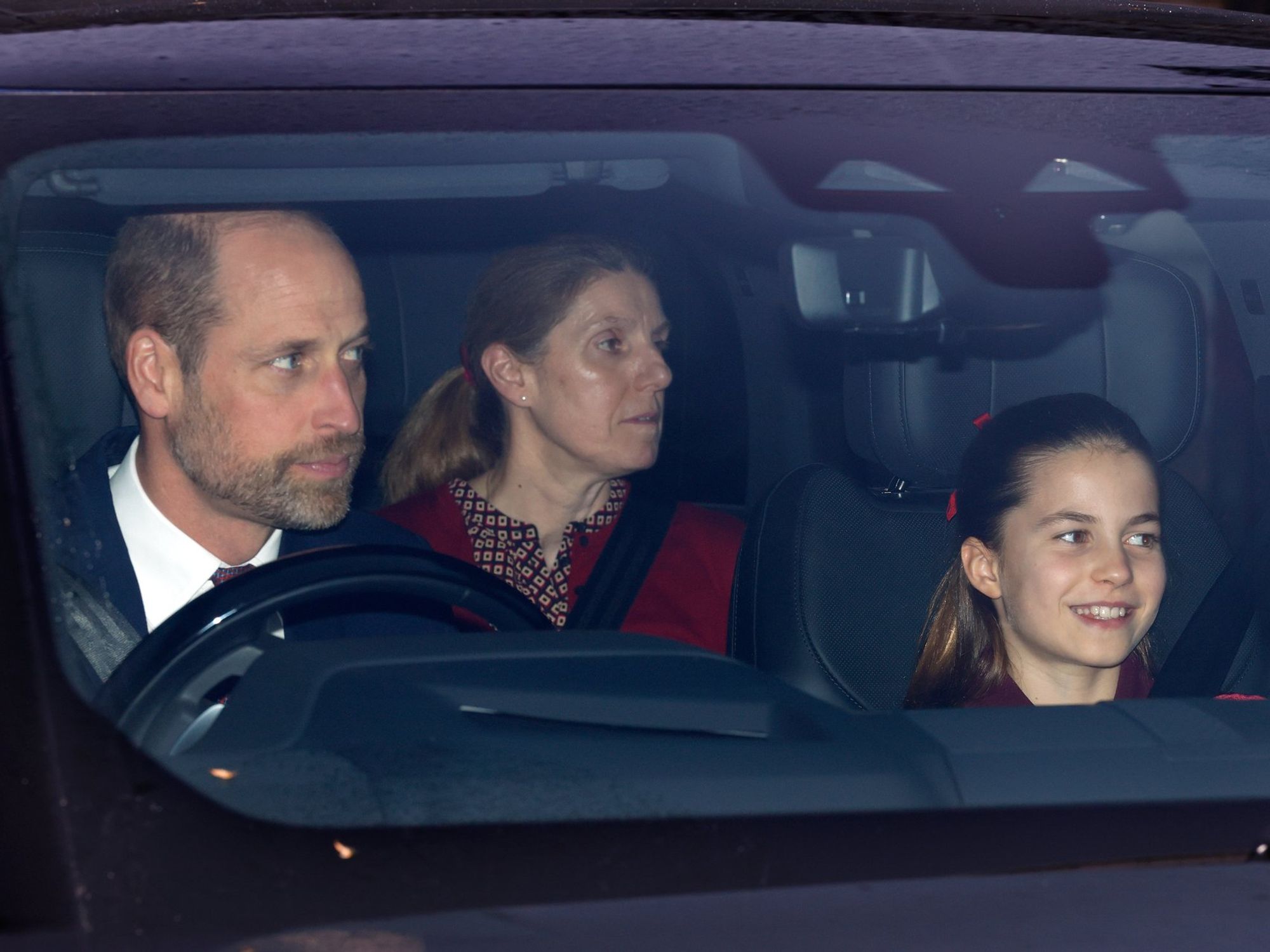Britons risk paying 'unnecessary inheritance tax bills' as they miss out 'huge step' in wealth planning

Having no Will could lead to an unwelcome distribution of assets at death
Don't Miss
Most Read
Latest
Families across Britain risk facing hefty inheritance tax bills due to overlooking crucial estate planning steps - particularly in light of recent tax rule changes.
Since Chancellor Rachel Reeves's October Budget announcements, many Britons are looking for ways to manage their inheritance tax especially after she introduced significant modifications to the regulations.
Estate planning experts warn that many households could face "unexpected tax burdens" if they fail to review their Wills and inheritance strategies now.
The changes, set to take effect from 2027, mean more families will be drawn into inheritance tax territory, with pension pots becoming subject to the tax for the first time.
From April 2027, defined contribution pension pots will be included in estates' inheritance tax liabilities. The Chancellor also extended the freeze on nil rate bands until April 2030.
Further changes affect business and agricultural property relief from April 2026. While the first £1million of combined business and agricultural assets can still be passed on tax-free, inheritance tax will be charged at 20 per cent on amounts above this threshold.
 With IHT thresholds frozen until 2030, more estates are likely to face substantial tax bills in the coming years | GETTY
With IHT thresholds frozen until 2030, more estates are likely to face substantial tax bills in the coming years | GETTYIan Dyall, Head of Estate Planning at Evelyn Partners, explained that estate planning is about a lot more than just inheritance tax, it's a "peace-of-mind strategy to help families pass on wealth in the best way", one that meets as many of their needs and objectives as possible
He warns that more families will face inheritance tax in coming years, requiring immediate action as the rule could really undermine many families' current plans for transfer of wealth.
Those who fail to plain leave themselves exposed to "quite significant tax bills," Dyall cautions.
Dyall said: "If you don’t have a Will then making one is often a huge step in establishing financial security and peace of mind for your family – especially if you can get your solicitor to work closely with a good financial planner.
"This can prevent unnecessary stress and even disputes for the administrators and beneficiaries of an estate and could save them having to pay unnecessary inheritance bills."
Having Wills in place is "especially crucial" for unmarried couples in long-term relationships - as the intestacy rules could lead to an unwelcome distribution of assets at death - and for blended families where uncertainty and misunderstanding can arise.
Where the family home is not jointly owned, that could also create issues at death and couples can consider how their property is owned at the same time as looking at Wills.
Dyall added: "Even where Wills are in place, and especially if they were made some time ago, make sure that they still do what you want them to, and that new tax rules do not require a rethink."
The traditional approach of mirror Wills for married couples - leaving everything to each other and then to children - may no longer be optimal. This is especially relevant for families with businesses or farms due to changes in business relief and agricultural property relief.
The £1 million business relief band cannot be transferred to a surviving spouse. Dyall suggests leaving business relief assets up to the £1million band directly to children or to a trust that benefits the surviving spouse.
It's also advisable to consider lasting power of attorney arrangements while reviewing estate plans.
Experts advise that growing IHT liabilities can be managed through strategic gifting or spending.
Dyall suggests families consider spending more on themselves or giving away wealth during their lifetime to reduce taxable estates. However, he emphasises the importance of careful planning rather than hasty decisions.
Trusts can be particularly valuable, offering some control over assets while starting the seven-year inheritance tax clock.
Dyall said: "Now is probably the time to think about a longer-term gifting plan rather than making ad hoc handouts, ideally with the assistance of professional advice."
Financial planners can help determine if gifting leaves sufficient funds for retirement needs.










